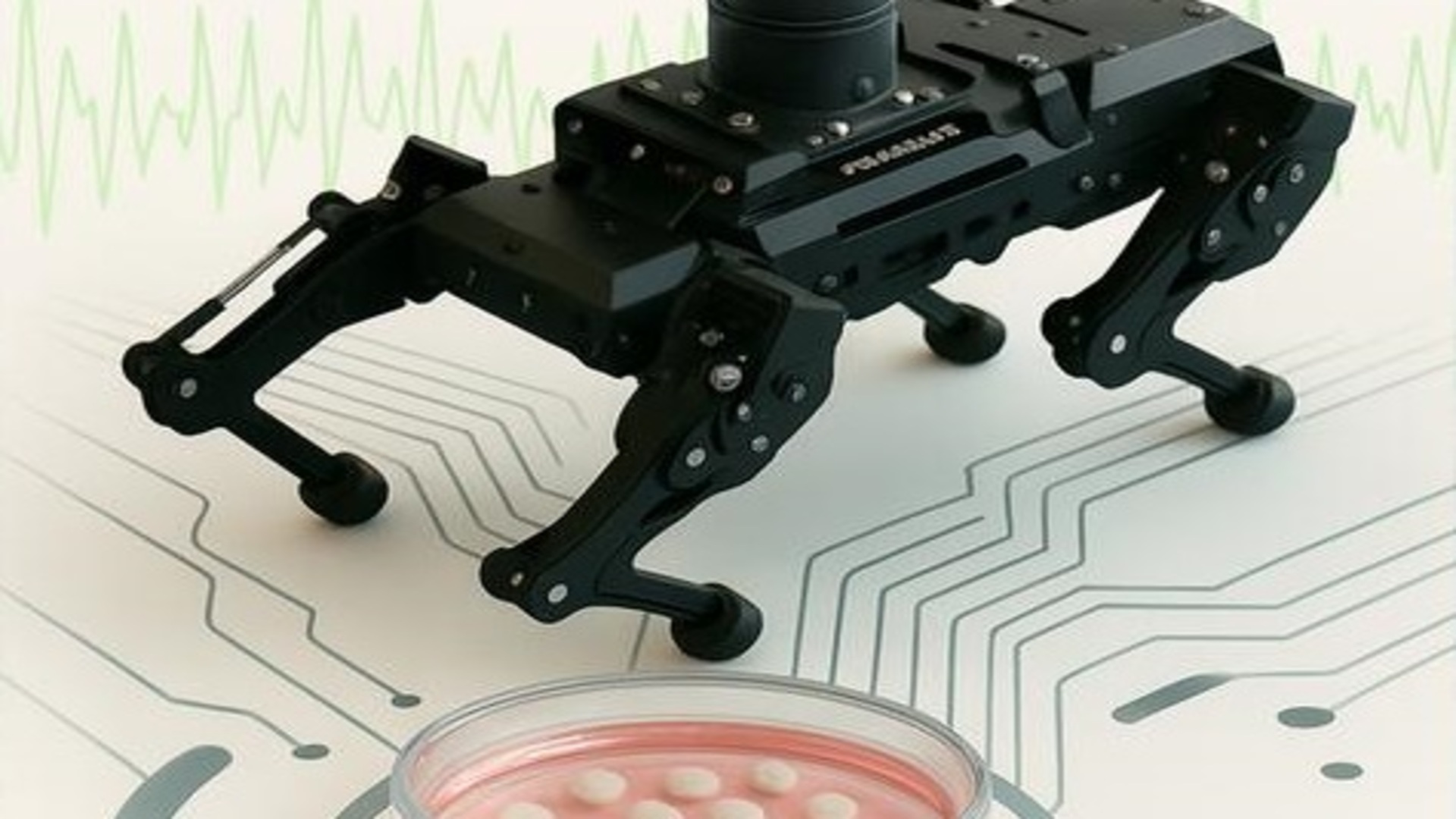Lab-grown brain cells steer robot dog, advancing Alzheimer's study

Source: interestingengineering
Author: @IntEngineering
Published: 8/20/2025
To read the full content, please visit the original article.
Read original articleUS scientists at the University of California San Diego have developed a novel technique called Graphene-Mediated Optical Stimulation (GraMOS) that uses graphene’s optoelectronic properties to stimulate and accelerate the maturation of lab-grown human brain organoids. Unlike traditional methods that rely on genetic modification or direct electrical currents, GraMOS is biocompatible and noninvasive, converting light into gentle electrical signals that encourage neurons to connect and mature faster. This advancement addresses the major limitation of slow brain organoid development, enhancing their utility for studying neurological diseases such as Alzheimer’s and enabling faster drug testing.
In a groundbreaking demonstration, the researchers connected graphene-interfaced brain organoids to a robotic dog, allowing the organoids to process sensory input and generate neural responses that enabled the robot to avoid obstacles within 50 milliseconds. This neuro-biohybrid system exemplifies the potential for living brain cells to interface with machines, opening possibilities for applications in prosthetics, adaptive robotics, and biological computing. The
Tags
robotgraphenebrain-organoidsbrain-machine-interfaceoptoelectronicsneurological-disease-researchAlzheimer's-study